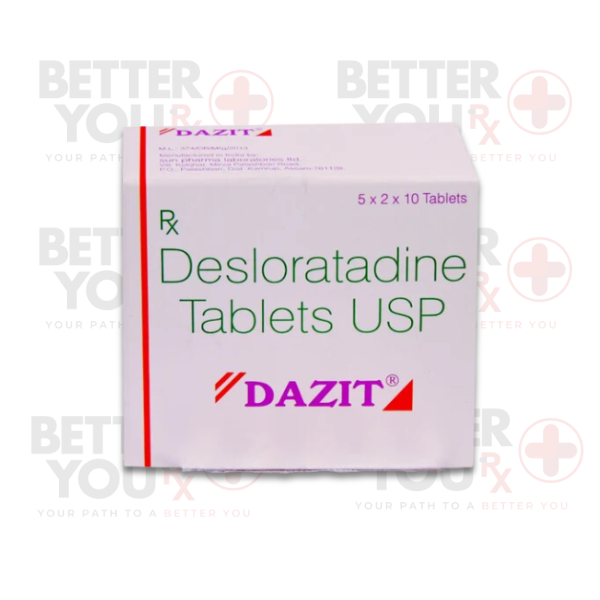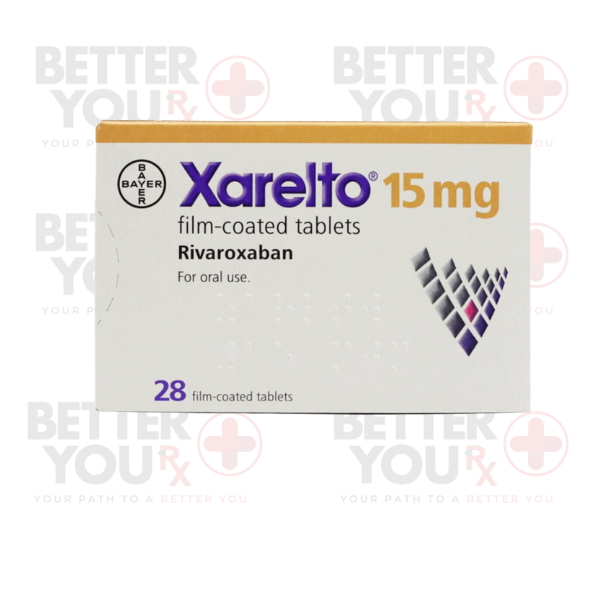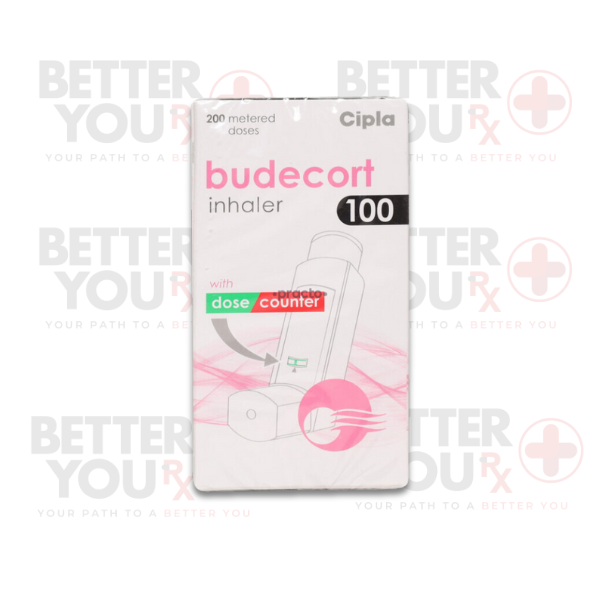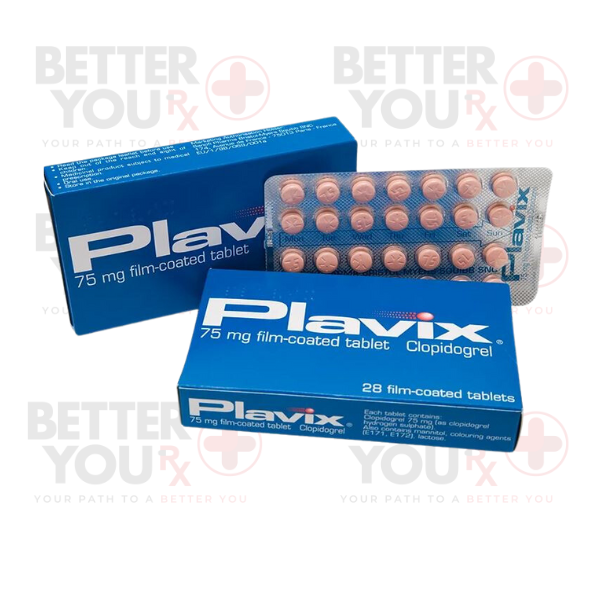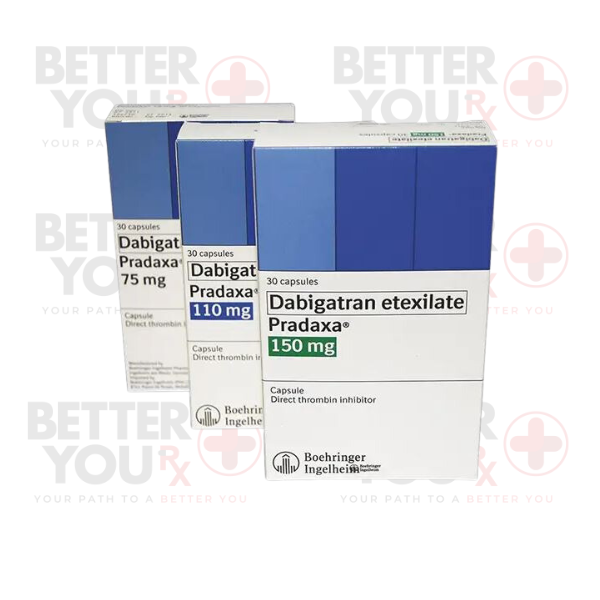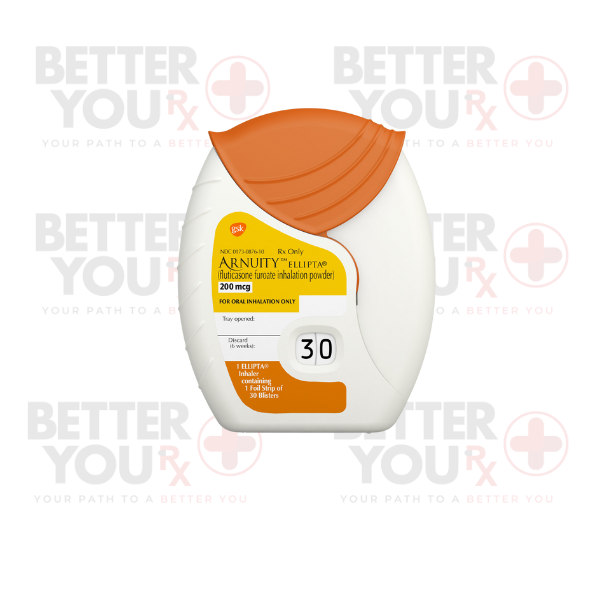| Usage |
Usage
Sildenafil is available in tablet and liquid (Revatio only) forms for oral consumption. When using it to treat erectile dysfunction, follow your doctor's guidance. Take it as needed before sexual activity, ideally about 1 hour before, but you can take it anywhere from 4 hours to 30 minutes before. Typically, don't exceed one dose within 24 hours unless advised otherwise due to specific health conditions or medications. You can consume it with or without food, although a high-fat meal might slow down how quickly it takes effect.
For pulmonary arterial hypertension (PAH), take sildenafil three times daily, with or without food, about 4 to 6 hours apart. Follow your prescription label and your doctor's instructions meticulously. Shake the liquid well before each use and use the provided oral syringe to measure your dose. Don't mix the liquid with other substances or flavorings.
If it's for erectile dysfunction, your doctor may start you on an average dose and adjust it based on your response. Inform your doctor if it's not working well or if you experience side effects.
For PAH, remember that sildenafil manages the condition but doesn't cure it. Continue taking it even if you feel better, and don't stop without consulting your doctor. You can also request the manufacturer's patient information from your pharmacist or doctor for more details.
|
| Side Effects |
Side Effects
Sildenafil can lead to various side effects. Inform your doctor if you experience any of these symptoms, especially if they are bothersome or persistent:
• Headache
• Heartburn
• Diarrhea
• Flushing (a warm sensation)
• Nosebleeds
• Difficulty sleeping
• Numbness, burning, or tingling in limbs
• Muscle aches
• Changes in color vision (e.g., seeing a blue tint or difficulty distinguishing blue and green)
• Light sensitivity
Some side effects can be severe, and you should contact your doctor immediately if you encounter any of the following:
• Sudden, severe vision loss (see more details below)
• Blurred vision
• Sudden hearing loss or decrease
• Ringing in the ears
• Dizziness or lightheadedness
• Fainting
• Chest pain
• Worsening shortness of breath
• An erection that is both painful and prolonged for more than 4 hours
• Itching or burning during urination
• Rash
In rare cases, some individuals experienced sudden vision loss after using sildenafil or similar medications. In some instances, this vision loss was permanent, although it's unclear whether the medication caused it. If you encounter sudden vision loss while taking sildenafil, promptly contact your doctor and avoid taking any more doses of sildenafil or similar medications like tadalafil (Cialis) or vardenafil (Levitra) until you consult with your doctor.
There have been reports of serious cardiovascular events like heart attacks, strokes, irregular heartbeats, bleeding in the brain or lungs, high blood pressure, and sudden death in men using sildenafil for erectile dysfunction. While most of these individuals had pre-existing heart issues, the exact cause of these events, whether related to sildenafil, sexual activity, heart disease, or a combination, is uncertain. You should engage in a discussion with your doctor regarding potential risks.
Additionally, some patients experienced hearing loss, often in one ear, after using sildenafil or similar drugs. This hearing loss didn't always improve after stopping the medication, and the exact cause remains unclear. If you experience sudden hearing loss, along with ringing in the ears or dizziness while taking sildenafil, contact your doctor right away.
Whether you're using sildenafil for erectile dysfunction or pulmonary arterial hypertension, do not alter your medication regimen without consulting your doctor. If you experience any unusual issues while taking sildenafil, don't hesitate to reach out to your healthcare provider.
|
| Storage |
Storage
Here are the key points for storing and disposing of medication:
1. Keep the medication in its original container, tightly closed, and out of the reach of children.
2. Store tablets at room temperature, away from excessive heat and moisture. Avoid storing them in the bathroom.
3. For the suspension form, store it at room temperature or in a refrigerator, but do not freeze it.
Get rid of any unused suspension after 60 days.
4. It's crucial to ensure that all medications are inaccessible to children, as many containers are not child-resistant.
5. To prevent poisoning in young children, always use safety caps and store medications in a safe location, away from their sight and reach.
6. Dispose of unneeded medications in a way that prevents access by pets, children, or others. Refrain from flushing medications down the toilet as a means of disposal.
7. The best method for disposing of medication is through a medicine take-back program. Check with your pharmacist or local garbage/recycling department to find out about available take-back programs in your community.
|
| Precaution |
Precautions
Before using sildenafil, it's important to:
1. Inform your doctor and pharmacist about any allergies you have, including allergies to sildenafil or any of its components. You can ask your pharmacist for a list of ingredients.
2. Do not take sildenafil if you are currently using or have recently used riociguat (Adempas) or nitrates (commonly used for chest pain), such as isosorbide dinitrate (Isordil), isosorbide mononitrate (Monoket), and nitroglycerin (Minitran, Nitro-Dur, Nitromist, Nitrostat, others). Nitrates can come in various forms, including tablets, sublingual (under the tongue) tablets, sprays, patches, pastes, and ointments. If unsure, consult your doctor about your medications.
3. Avoid using street drugs containing nitrates like amyl nitrate and butyl nitrate (known as 'poppers') while taking sildenafil.
4. Inform your healthcare providers about all prescription and over-the-counter medications, vitamins, and supplements you are currently taking or planning to take. Include medications like alpha blockers, antifungals, anticoagulants, beta-blockers, HIV protease inhibitors, medications for high blood pressure, and more. Your doctor may need to adjust your doses or monitor you closely for potential interactions.
5. Disclose any use of herbal products, especially St. John's wort.
6. Tell your doctor if you smoke, have experienced prolonged erections, or recently suffered from significant fluid loss due to illness, sweating, or insufficient fluid intake. Also, inform your doctor about any medical conditions you have or had, including pulmonary veno-occlusive disease (PVOD), stomach ulcers, heart, kidney, or liver issues, heart attacks, irregular heartbeats, strokes, chest pain, high or low blood pressure, high cholesterol, bleeding disorders, circulation problems, blood cell disorders, conditions affecting penile shape, or diabetes. Mention any family history of eye diseases like retinitis pigmentosa or sudden severe vision loss.
7. If you are a woman taking sildenafil for pulmonary arterial hypertension (PAH), notify your doctor if you are pregnant, planning to become pregnant, or breastfeeding. Contact your doctor if you become pregnant while using sildenafil.
8. If you are scheduled for surgery, including dental procedures, inform your doctor or dentist about your sildenafil use.
9. For those taking sildenafil for erectile dysfunction, notify your doctor if you've been advised to abstain from sexual activity for medical reasons or if you've experienced chest pain during sexual activity. Sexual activity may strain your heart, particularly if you have heart disease. If you encounter chest pain, dizziness, or nausea during sexual activity, contact your doctor immediately and refrain from sexual activity until advised otherwise.
10. Inform all your healthcare providers about your sildenafil use, especially if you require emergency medical treatment for a heart issue, as they need to be aware of your recent sildenafil intake.
|


